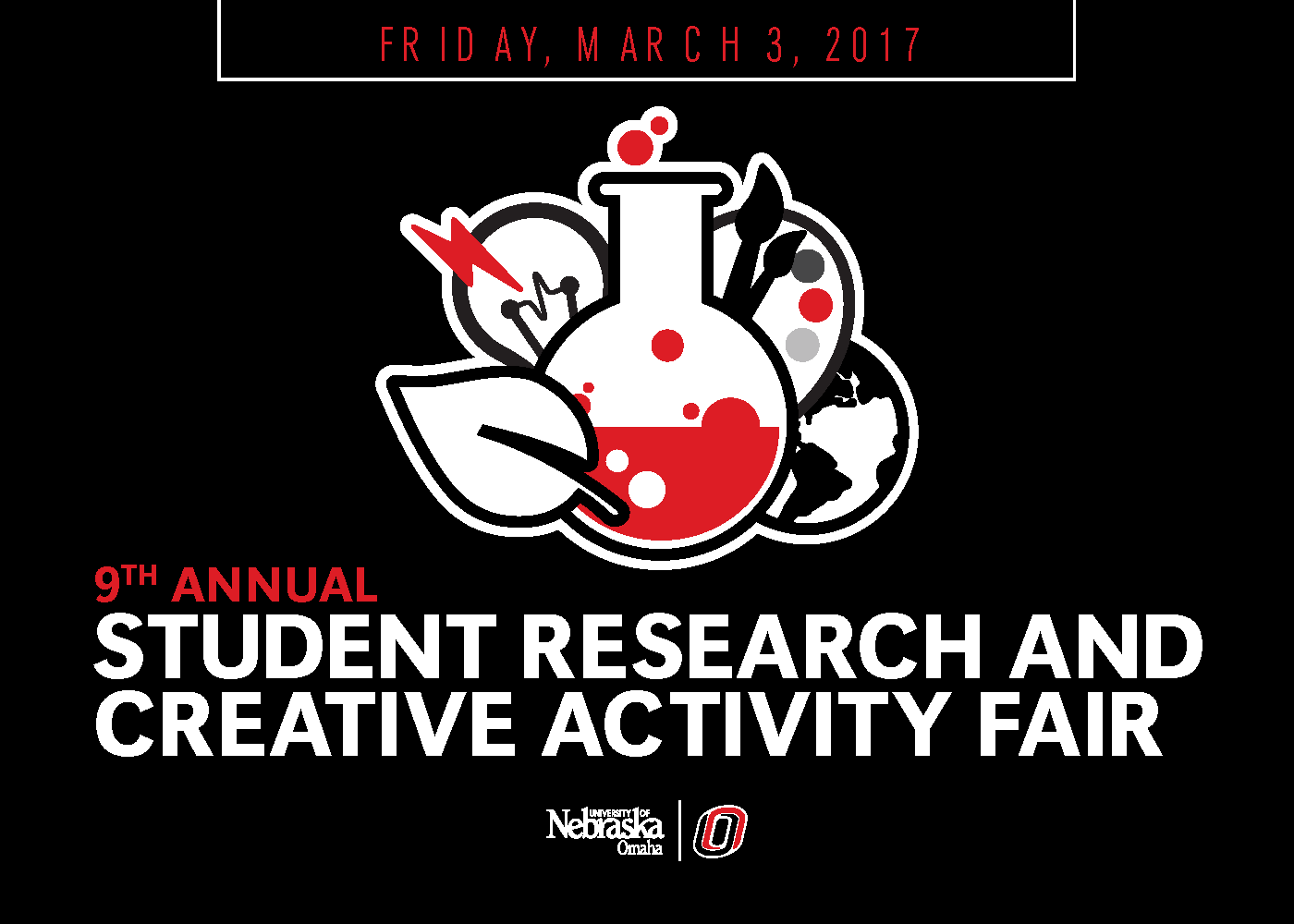
Advisor Information
Joseph Allen
Location
Dr. C.C. and Mabel L. Criss Library
Presentation Type
Poster
Start Date
3-3-2017 12:30 PM
End Date
3-3-2017 1:45 PM
Abstract
Purpose - Professionalism in the workplace can be a motivator for employees to be more attentive in their work. Without professionalism, employees may not have a positive image of their organization. Specifically, a lack of professionalism in meetings can elicit negative responses towards meetings and/or other attendees, which can lead to frustration and stress. Workplace meetings are common in nearly any organization, which makes achieving a greater understanding of meeting interaction and its impact all the more important. Consistent with Hobfoll’s conservation theory of resources, a lack of professionalism may elicit feelings of stress. The purpose of this paper is to explore the impact of meeting professionalism on individuals’ self-reported frustration and stress, as well as how negative affectivity influences this relationship.
Design/methodology/approach – Students were recruited to participate in group meetings consisting of three to five attendees, followed by a survey assessing meeting attendees’ perceived meeting professionalism and reported frustration/stress, as well as level of negative affectivity.
Findings - The primary finding of this study is that there is a negative relationship between perceived meeting professionalism and attendee frustration/stress. Furthermore, this relationship was found to be more strongly negative for individuals possessing high levels of negative affectivity.
Research limitations/implications - Although this study is limited by its cross sectional nature, it serves as an important first step for future research. Meeting leaders should attempt to facilitate professionalism in their meetings whenever possible.
Originality/value - The present research is among the first to examine the importance of professionalism in the context of workplace meetings and how it might impact attendee attitudes, and how the relationship may differ based on level of negative affectivity.
Keywords: workplace meetings, professionalism, frustration, stress
Revision
Keep Calm and Meeting On: Meeting Professionalism and Stress
Dr. C.C. and Mabel L. Criss Library
Purpose - Professionalism in the workplace can be a motivator for employees to be more attentive in their work. Without professionalism, employees may not have a positive image of their organization. Specifically, a lack of professionalism in meetings can elicit negative responses towards meetings and/or other attendees, which can lead to frustration and stress. Workplace meetings are common in nearly any organization, which makes achieving a greater understanding of meeting interaction and its impact all the more important. Consistent with Hobfoll’s conservation theory of resources, a lack of professionalism may elicit feelings of stress. The purpose of this paper is to explore the impact of meeting professionalism on individuals’ self-reported frustration and stress, as well as how negative affectivity influences this relationship.
Design/methodology/approach – Students were recruited to participate in group meetings consisting of three to five attendees, followed by a survey assessing meeting attendees’ perceived meeting professionalism and reported frustration/stress, as well as level of negative affectivity.
Findings - The primary finding of this study is that there is a negative relationship between perceived meeting professionalism and attendee frustration/stress. Furthermore, this relationship was found to be more strongly negative for individuals possessing high levels of negative affectivity.
Research limitations/implications - Although this study is limited by its cross sectional nature, it serves as an important first step for future research. Meeting leaders should attempt to facilitate professionalism in their meetings whenever possible.
Originality/value - The present research is among the first to examine the importance of professionalism in the context of workplace meetings and how it might impact attendee attitudes, and how the relationship may differ based on level of negative affectivity.
Keywords: workplace meetings, professionalism, frustration, stress
